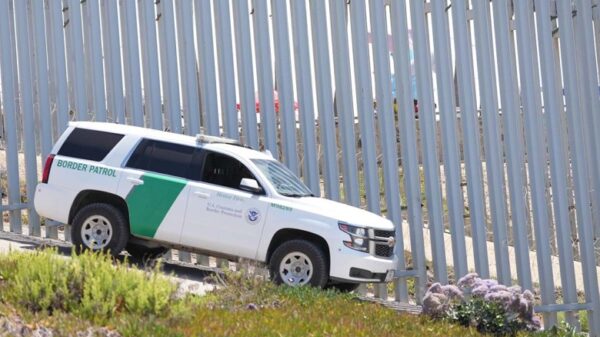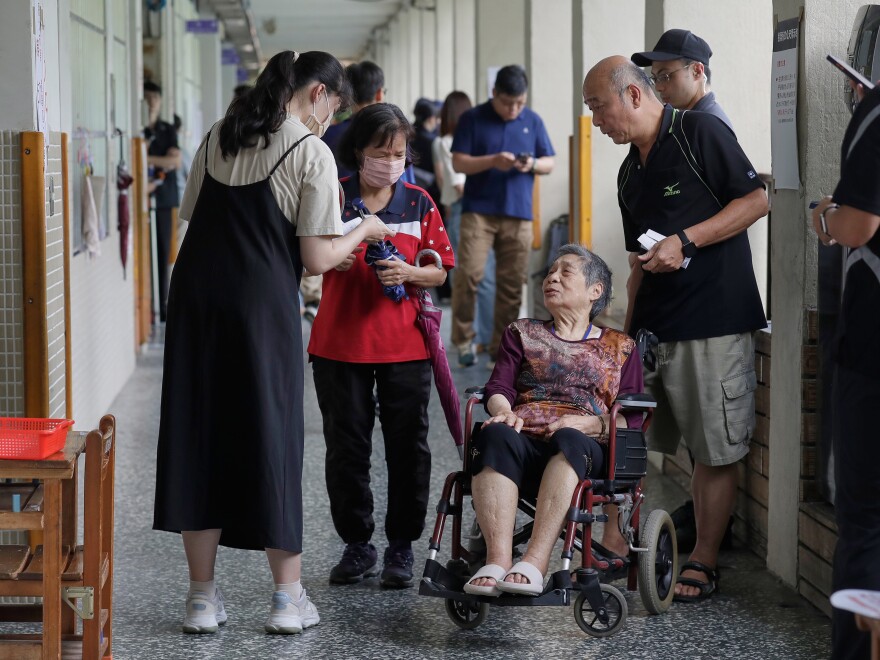Taiwanese voters decisively rejected a bid to oust around one-fifth of their lawmakers from the opposition Nationalist Party (KMT) during a recall election held on Saturday. This outcome dampens efforts by the ruling Democratic Progressive Party (DPP) to shift the legislative balance in the self-governing island, which has seen rising tensions over its relations with China.
In the election, which concluded with vote counting still underway, preliminary results indicated that none of the targeted KMT lawmakers were successfully removed. Most faced considerable margins of defeat. The scale of these recall elections is notable, with another seven KMT lawmakers scheduled for similar votes on August 23, 2023. If the DPP faces further setbacks in August, it may struggle to navigate legislative challenges in the lead-up to the next elections, expected in 2028.
Political Dynamics in Taiwan
Lev Nachman, a political science professor at National Taiwan University, characterized the recall efforts as an “uphill battle.” He noted that the KMT has a strong organizational presence in the districts targeted for recall, making it difficult for the DPP to achieve its goals. This outcome complicates DPP President Lai Ching-te‘s ability to advance his agenda, particularly with local elections approaching next year. “At the moment, there is very little Lai can do other than think of creative ways to appeal to the public,” Nachman remarked to The Associated Press.
Fu Kun-chi, one of the prominent lawmakers targeted in the recall, stated that the election results leave Lai with little choice but to engage with the opposition to find stable pathways for Taiwan amidst increasing global uncertainties.
Supporters of the recall campaign expressed frustration over the KMT’s actions, claiming that the party, along with its allies, has obstructed important legislation, notably concerning the defense budget. They argue that recent KMT-led changes have undermined executive power and favored closer ties with China, which claims Taiwan as its territory. This has raised concerns among the Taiwanese populace regarding the island’s democratic integrity and its capability to deter potential military threats from Beijing.
Implications for Taiwan’s Legislative Landscape
The KMT currently holds 52 seats in the legislature, while the ruling DPP controls 51 seats. For the DPP to secure a legislative majority, it would need to oust at least six KMT lawmakers and win corresponding by-elections to fill any vacancies. The conditions for a successful recall require that more than a quarter of eligible voters in the relevant electoral district support the initiative, with the total number of supporters needing to exceed those voting against it.
Voting concluded at 16:00 local time, and the official results are set to be announced by Taiwan’s Central Election Commission on August 1, 2023.
Tensions surrounding the recall elections have intensified divisions between those advocating for maintaining the status quo and those seeking improved relations with Beijing. Critics argue that KMT politicians compromise Taiwan’s sovereignty by engaging with their counterparts in mainland China. Conversely, these politicians maintain that fostering dialogue is crucial, particularly as the DPP has faced obstacles in establishing communication with Beijing.
In response to the recall election, Zhu Fenglian, spokesperson for China’s Taiwan Affairs Office, criticized Lai’s administration, claiming it seeks “one-party dominance” under the guise of democracy. He accused the DPP of suppressing opposition and stifling cross-strait relations. The Taiwanese government has condemned these comments, asserting that Chinese authorities and state media have attempted to interfere in the electoral process.
As Taiwan navigates these turbulent political waters, the implications of the recent election results will resonate throughout the island’s legislative landscape and its relations with both domestic and international stakeholders.




































































